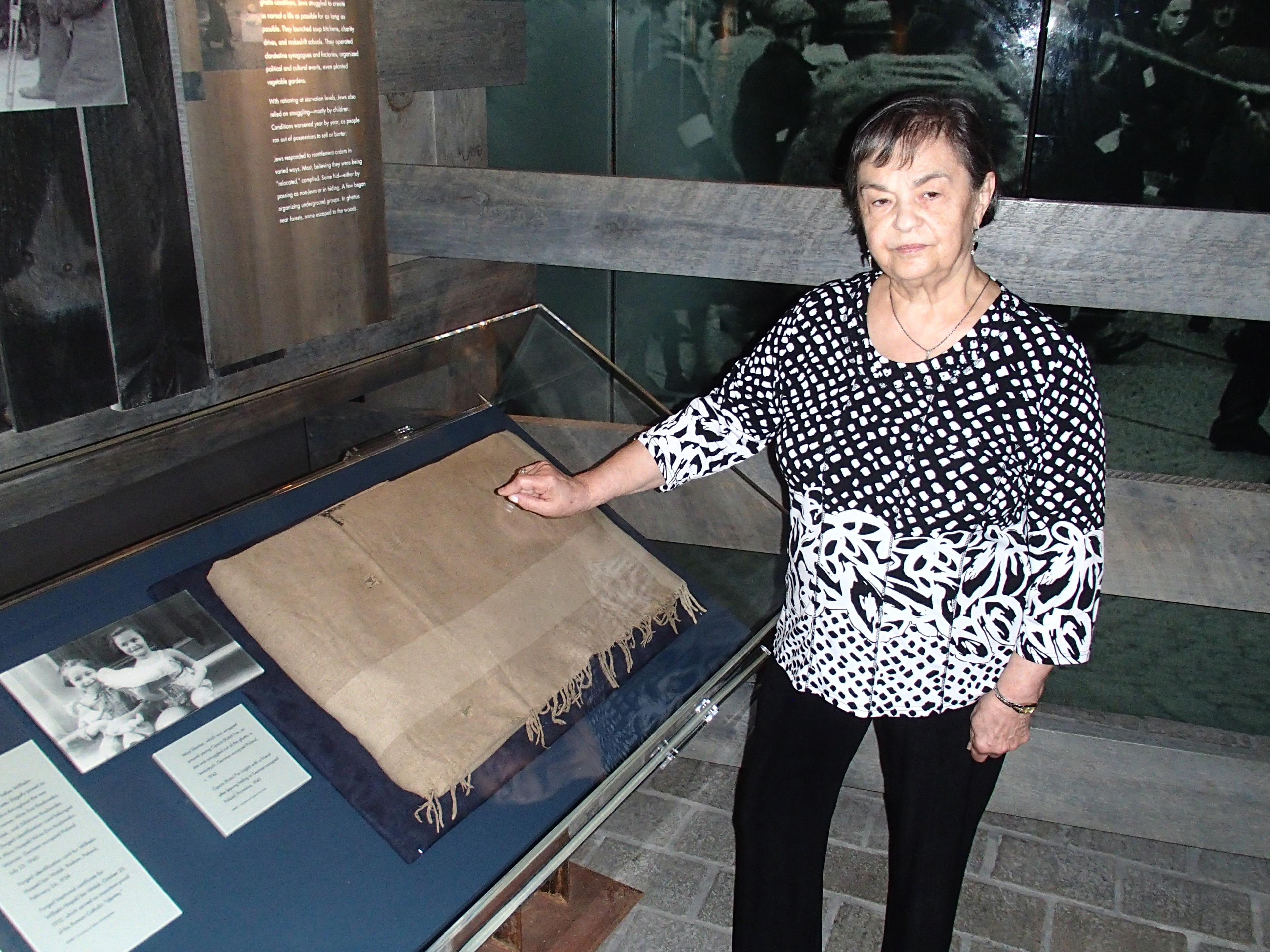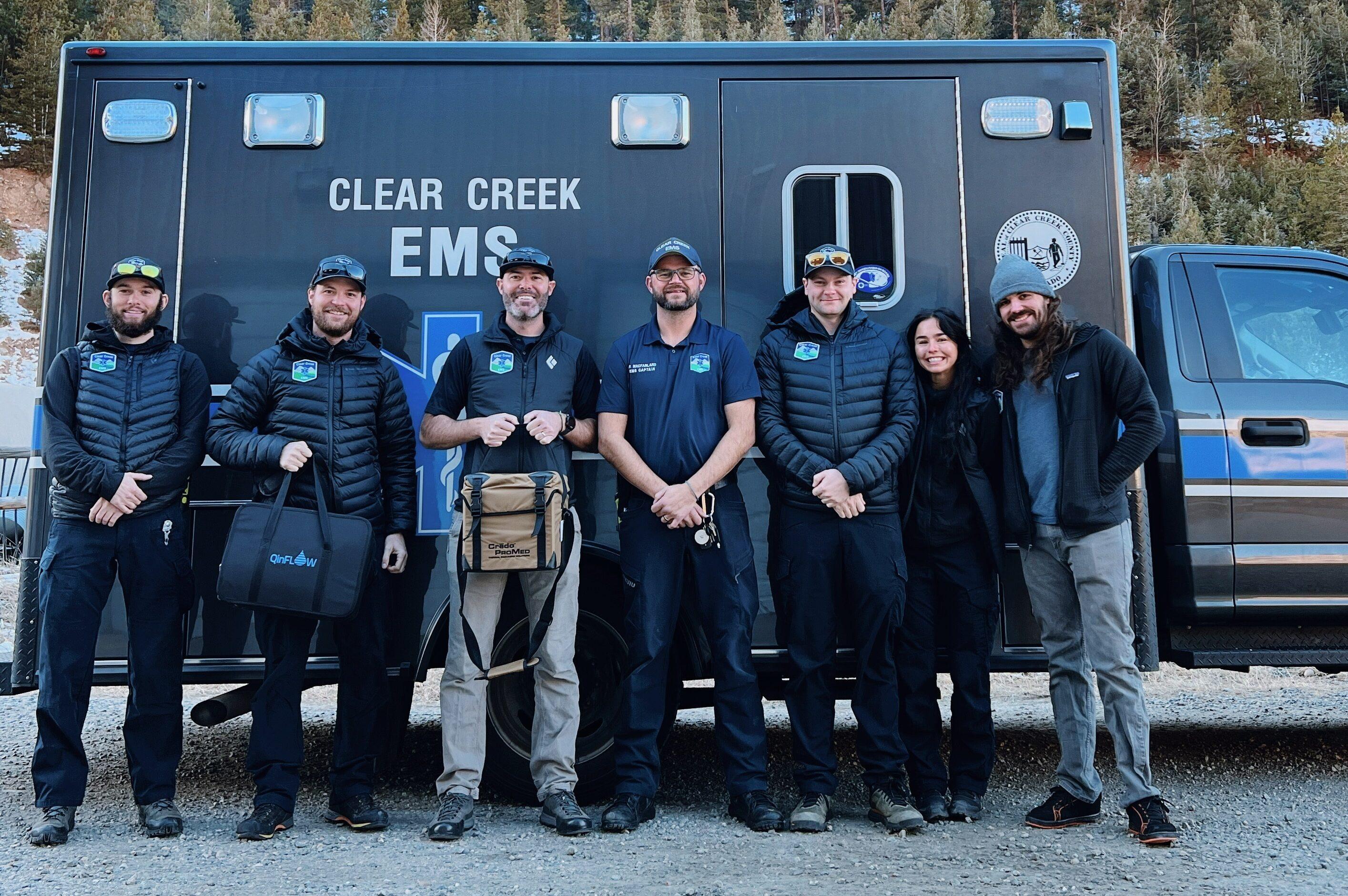
It's a sobering fact: In the United States, Holocaust survivors often live in poverty. They are three times as likely to struggle financially than seniors overall.
John Pregulman didn't know that when he set out to take portraits of Holocaust survivors across the country. He has traveled to 33 cities in the U.S., as well as Krakow, Prague and Tokyo, to photograph 679 survivors.
When photographing one 94-year-old woman in Orlando, John learned a broken air conditioner had taken up her grocery money for the week. She still insisted on feeding him with the little she had.
It's then John and his wife Amy Israel Pregulman found out that while the poverty rate for seniors overall hovers around 10 percent, for Holocaust survivors, it's much higher. One estimate even puts the rate at three times that average.
John and Amy poured themselves into the research. Amy even wrote a thesis on the issue. The two found several common factors that lead to Holocaust survivors' exceptional poverty.
Survivors often live alone after losing their spouses and family. Trauma from concentration camps heighten typical senior health problems, such as dental issues resulting from severe malnutrition. Many survivors fled from Russia during the Soviet era, and don't have access to all welfare programs.
Pride and fear play a role too.
"They're very proud. They don't want to be put on lists of anything, they don't want to be seen, acknowledged. They have a lot of trauma on that issue of being recognized and asking for help," Amy Israel Pregulman said.
John and Amy established KAVOD to help. The nonprofit provides emergency financial assistance to Holocaust survivors, usually $300-400 at a time.
In just a few years KAVOD, which means honor and respect in Hebrew, has given out about $150,000 in aid to nearly 1,000 survivors.
In many ways, providing funds to these seniors builds on the original aim of John's photography project: To preserve the legacy of Holocaust survivors.
"It had a cathartic effect on the survivors to have their pictures taken, and to know that they will not be forgotten," John Pregulman said. "Their biggest fear is that they and their stories will be forgotten."









